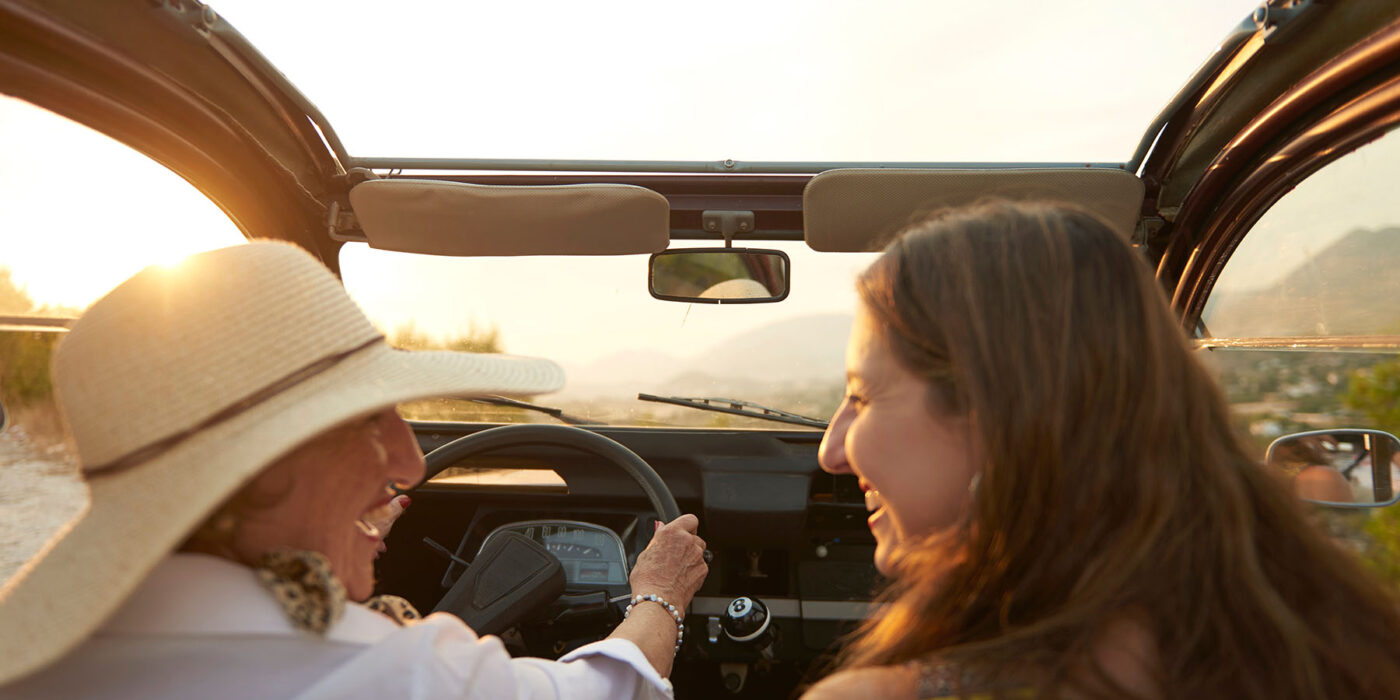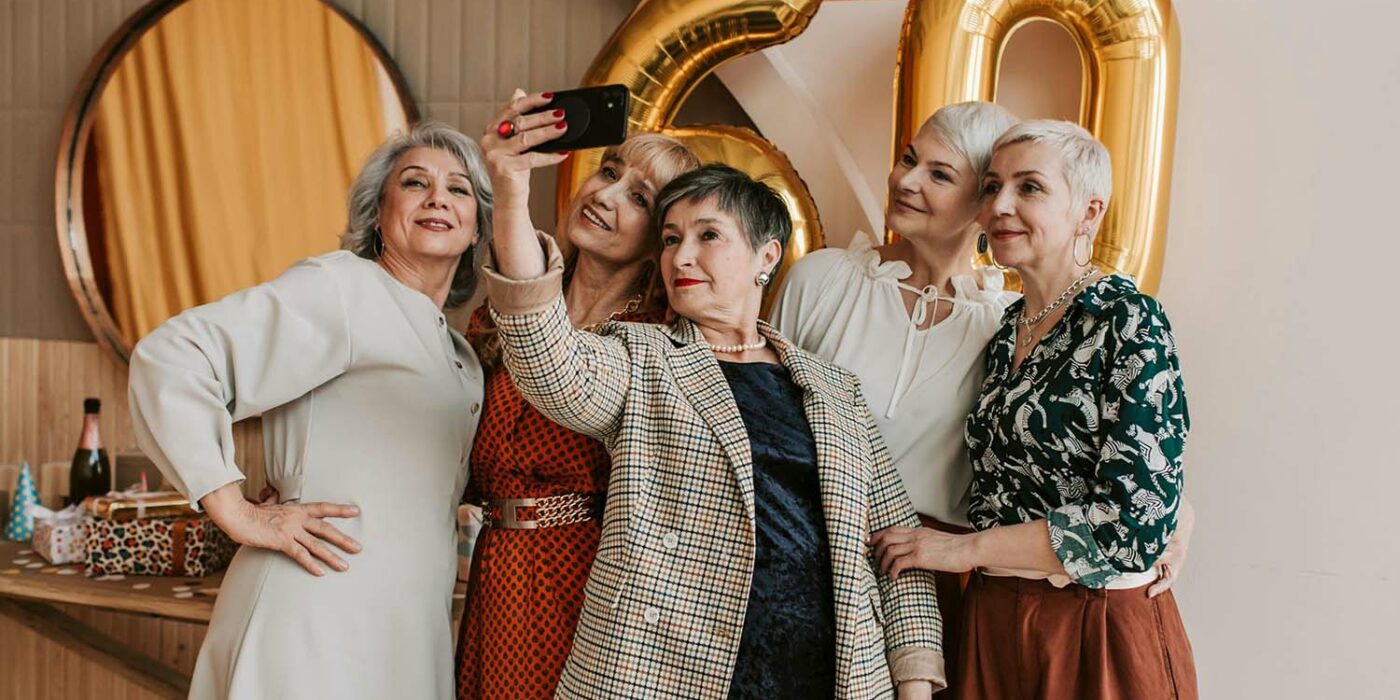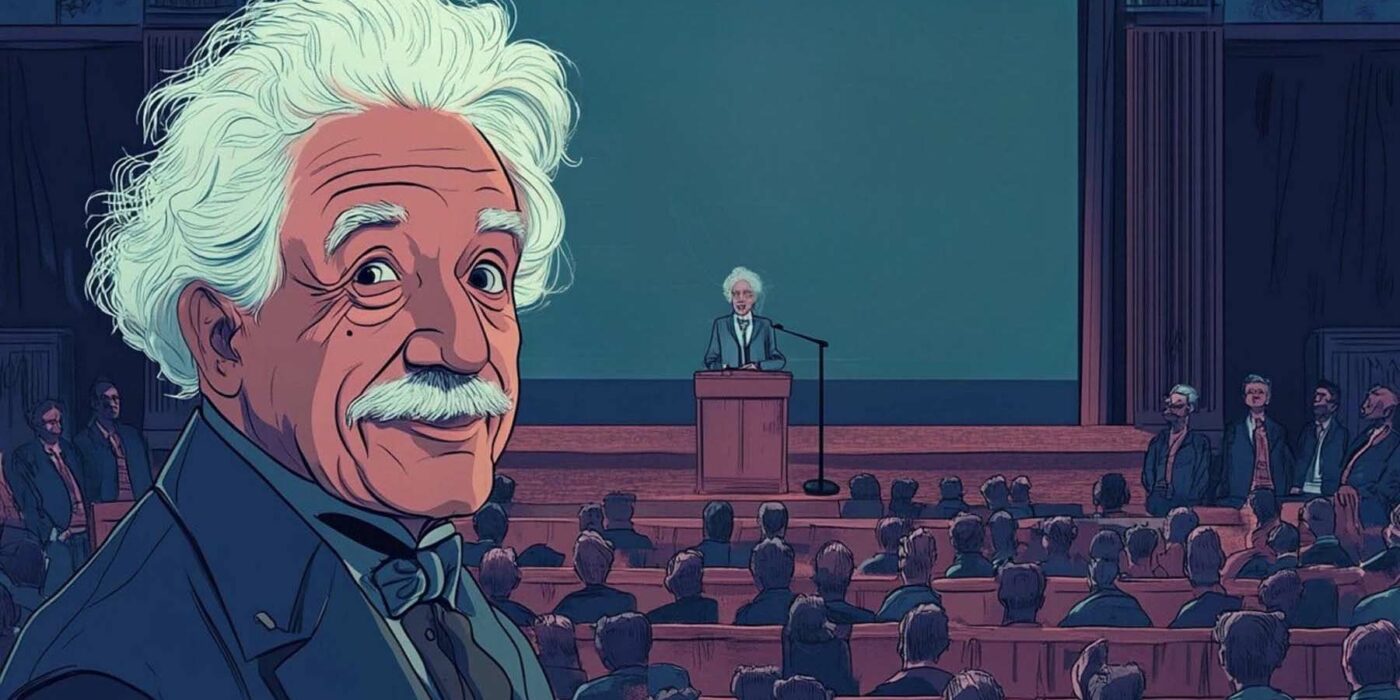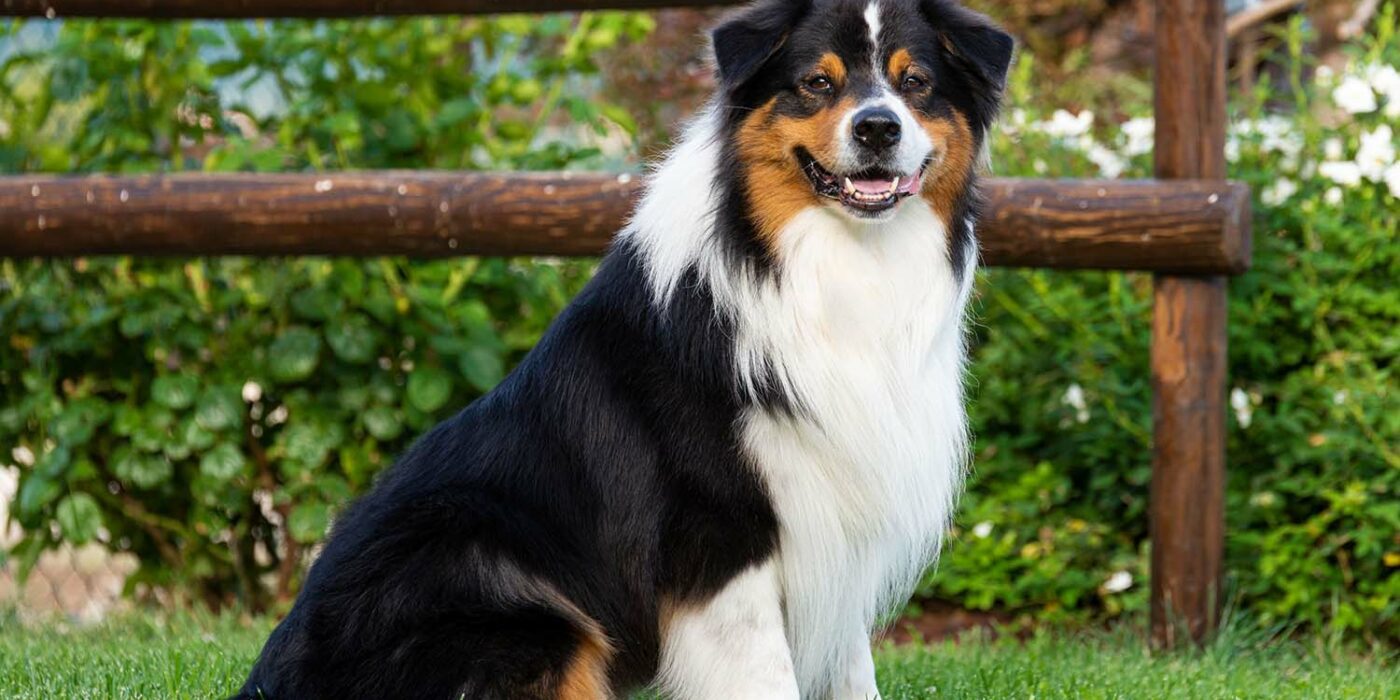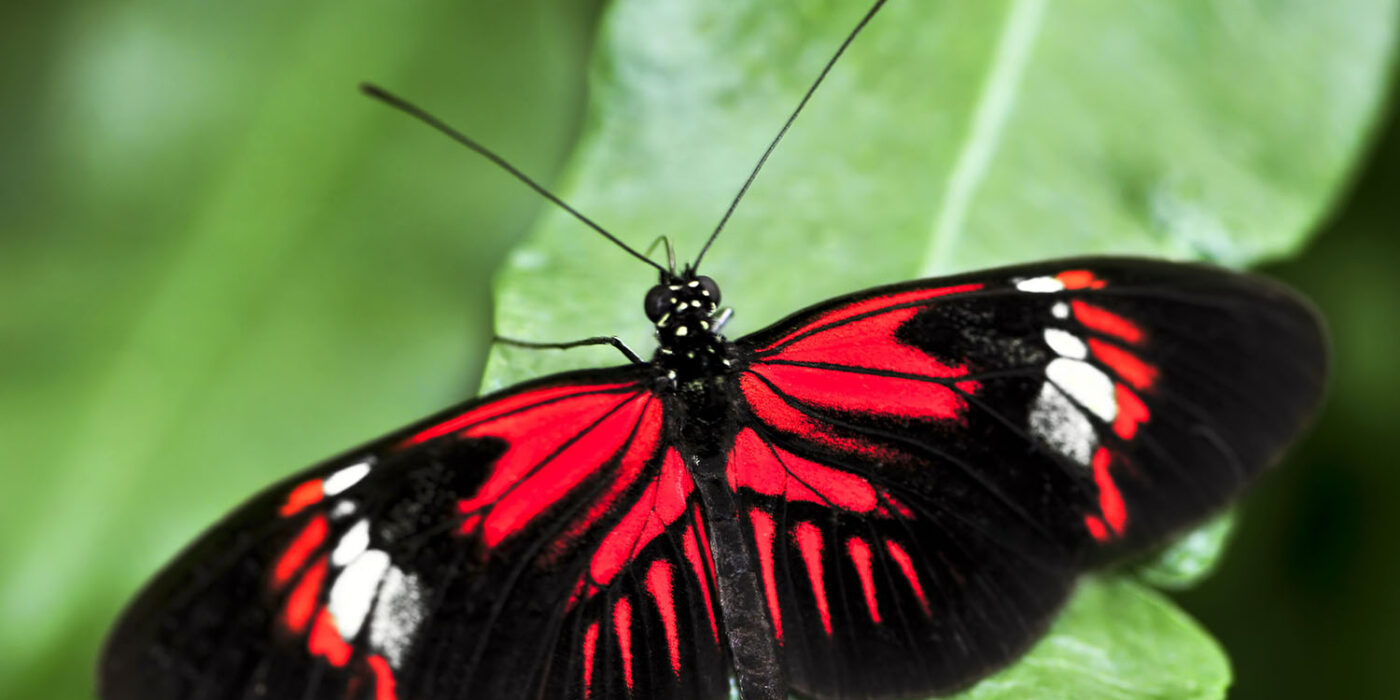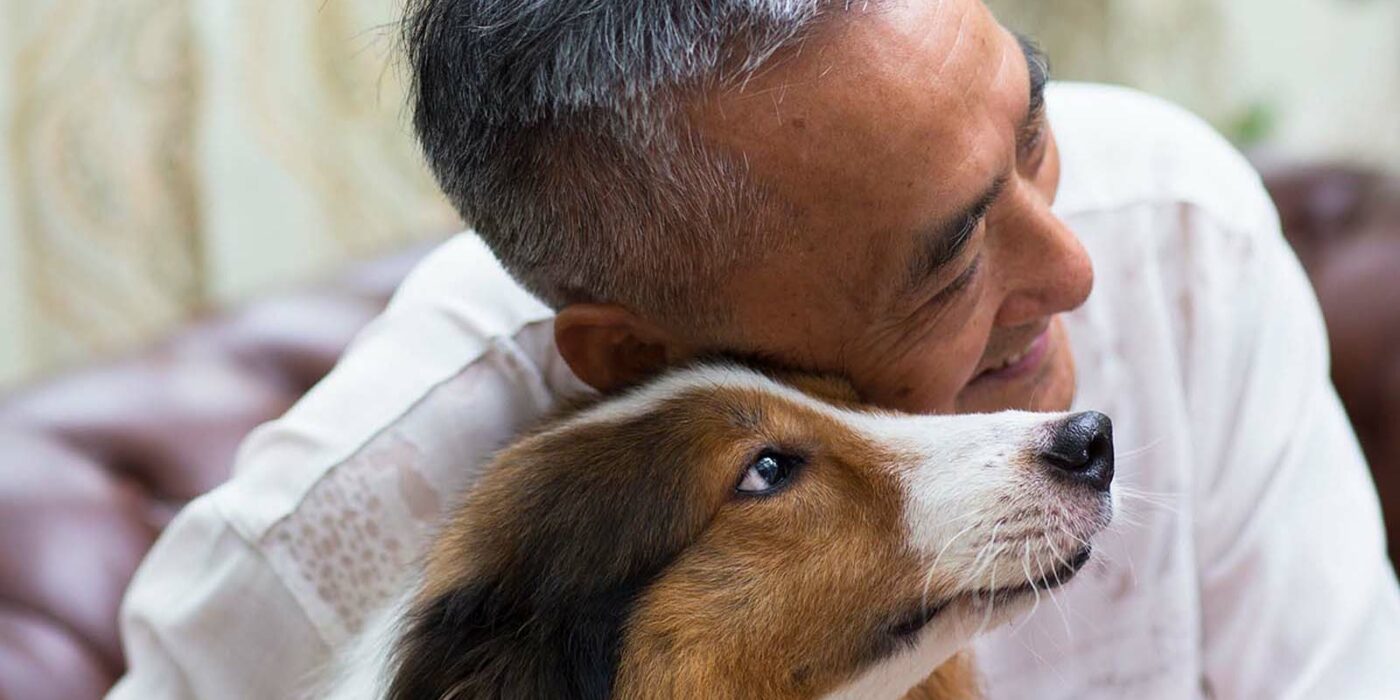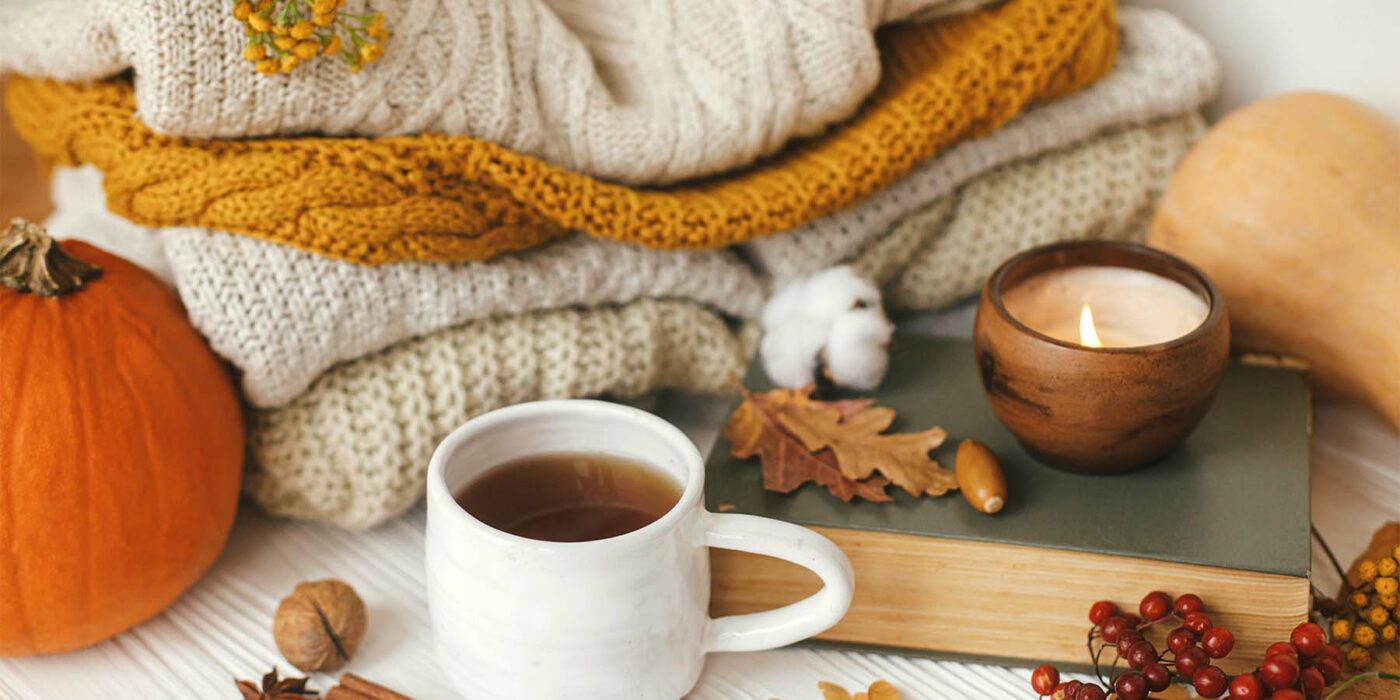Writing Away Worries
Writing can be an effective way for seniors to work through their worries, providing a healthy outlet for expressing thoughts and emotions. When faced with anxiety, fear, or uncertainty, putting pen to paper can help clear the mind, offer perspective, and reduce stress. Here are some practical writing methods that seniors can use to address their concerns and improve their mental well-being.
Journaling for Clarity
Journaling is one of the simplest yet most powerful tools for dealing with worry. Writing down thoughts and concerns allows seniors to organize their feelings and see patterns that might not be obvious otherwise. This process can lead to better self-understanding and a sense of relief, as worries that seem overwhelming in the mind often feel more manageable once they’re on paper.
A good starting point is to spend about 10 minutes each day writing freely. This could be a reflection on the day, a list of worries, or simply how they’re feeling at that moment. The key is to write without any judgment or pressure. Prompts like “Today, I’m feeling worried about…” or “What’s been on my mind lately is…” can help get the words flowing. Over time, this habit can provide clarity and peace of mind.
Gratitude Journals for Positivity
Focusing on gratitude can be a wonderful way to shift attention away from worries and toward the positive aspects of life. Research has shown that regularly acknowledging things we are thankful for can improve mood and overall outlook. Seniors can start a gratitude journal by listing three things they are grateful for at the end of each day. These could be as simple as a sunny afternoon, a good book, or a pleasant conversation with a friend.
The act of noting these moments trains the mind to focus on the positives, even when worries feel overwhelming. Over time, this practice can foster a more optimistic and balanced perspective, making it easier to cope with stress.
Writing Letters for Emotional Release
Sometimes, our worries are tied to specific people or events, and it can be difficult to express those feelings openly. Writing letters can be a therapeutic way to release these emotions. Seniors can write letters to themselves, to others (even if they never plan to send them), or to situations causing them stress. This exercise can help process complex emotions, find closure, or simply articulate feelings that might be hard to share in conversation.
For example, writing a letter to their younger self or to a friend who has passed away can be a way to address unresolved feelings or offer encouragement. Even if these letters are never seen by anyone else, the act of writing can be incredibly freeing.
Creative Writing for Stress Relief
Engaging in creative writing, such as poetry, short stories, or even fictional letters, allows seniors to explore their thoughts and worries from a different angle. It can be a fun and liberating way to process emotions and transform them into something creative.
Starting with simple prompts like “If my worry were a character, it would be…” or “Imagine a place where all your worries disappear. What does it look like?” can help ease into the practice. Viewing their concerns through a creative lens can make them feel less intimidating, offering a sense of control and perspective.
Reflective Writing About Past Experiences
Reflecting on past experiences can be a powerful reminder of resilience. Writing about difficult situations they have faced and how they overcame them can help seniors draw strength from their past. This exercise not only brings a sense of perspective but also reinforces the ability to handle future challenges.
Seniors can write about a time they faced a tough situation and how they managed to navigate through it. What did they learn from that experience? How can those lessons be applied to their current worries? By revisiting these moments, they may find comfort and inspiration in their strength.
Maintaining a Writing Routine
Incorporating writing into a daily routine can serve as a form of mindfulness. Taking a few minutes each day to jot down thoughts, hopes, or small victories encourages seniors to reflect, breathe, and ground themselves. This daily habit can help reduce anxiety and improve mental clarity.
Whether through journaling, letters, or creative writing, putting thoughts on paper allows seniors to process their worries at their own pace. Writing provides a safe, non-judgmental space to explore emotions, find clarity, and achieve a sense of peace.


